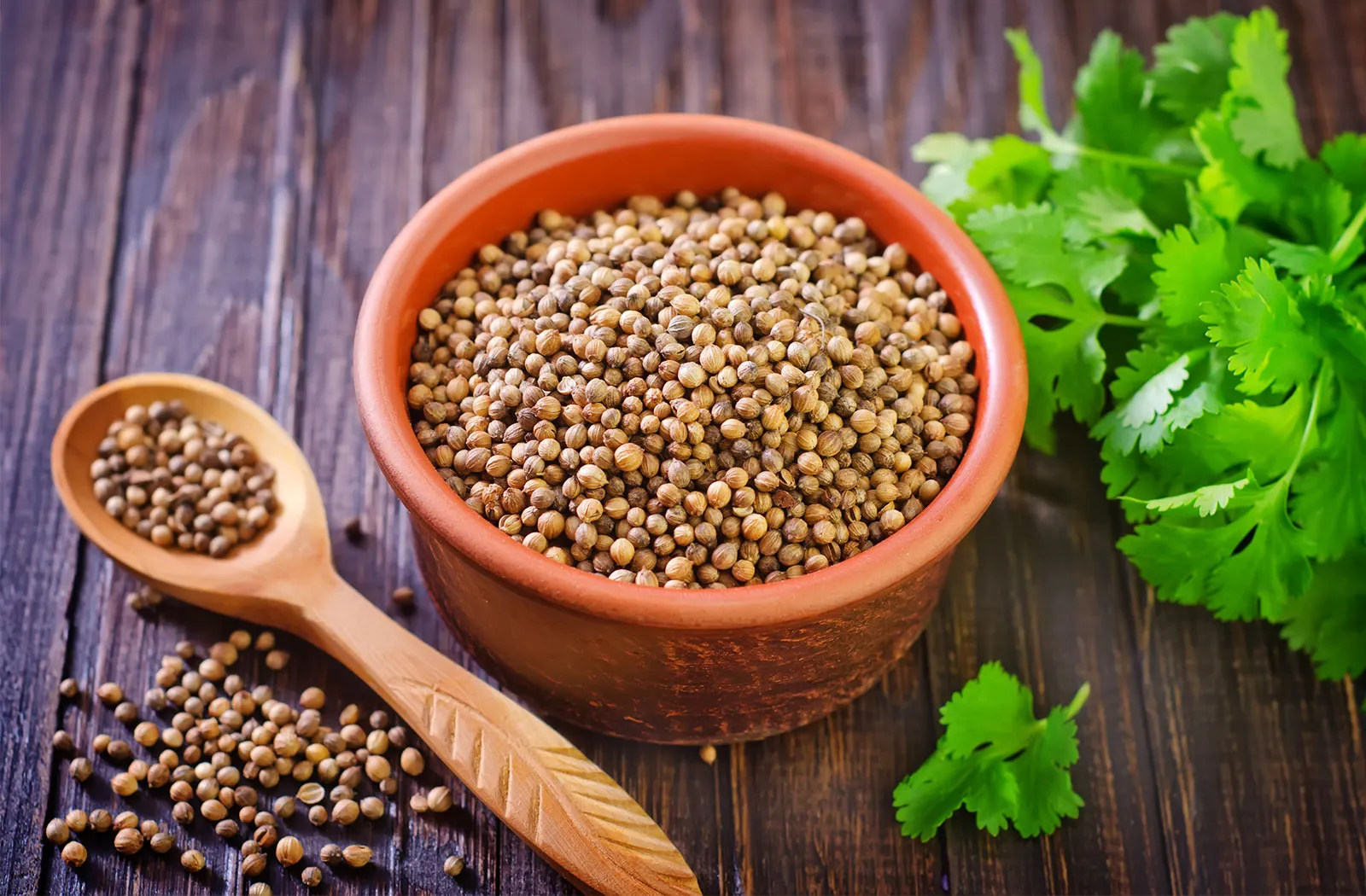
Coriander Have 11 Surprising Health Benefits You Should Know
The fresh, aromatic foliage and the dried seeds are the most commonly used portions of the coriander plant in Indian cooking.
In this essay, we’ll discuss our simple “Dhaniya,” sometimes known as “Coriander Leaves” or “Cilantro” by a select few chefs. Cenforce 100 in USA The word “coriander” comes from the Greek word “koris,” which means “stink insect.” This name is most likely derived from the pungent aroma generated by coriander leaves when coarsely chopped or bruised.
This is an ancient herb that dates back to 5000 BC and originated in Italy. Isn’t it surprising? Even though our respected dhaniya is not of Indian origin, it is a staple in every desi household.
Yes, without It leaves, Indian dishes would be incomplete. As a result, learning more about this basic herb is even more enjoyable.
Coriander Leaves’ Health Benefits
1: It may make you see better.
Our grandmothers always told us to eat coriander with our meals to keep our eyes healthy. This is because cilantro leaves are high in Vitamin A, Vitamin C, Vitamin E, and carotenoids, all of which can aid with vision health. Coriander consumption regularly has been shown to help postpone age-related macular degeneration (ARMD) and heal conjunctivitis, according to research.
2: Aids in immunity
Vitamin C and Vitamin E, as well as Vitamin A, are abundant in coriander leaves, and both of these minerals, combined with Vitamin A, can help your immune system gradually strengthen. Vitamin C improves the efficiency of white blood cells and aids iron absorption.
3: May aid in the control of blood sugar levels
Coriander’s vibrant color of green is due to the presence of antioxidants, which can aid in enzyme activity. As a result, it increases insulin release, which helps to reduce blood sugar levels. For people with high blood sugar levels, adding coriander to every meal or drinking coriander-infused water regularly may be useful.
4: May aid in the reduction of bad cholesterol
Every third man nowadays has high cholesterol problems as a result of their lifestyle. Consuming It leaves regularly may help lower LDL (bad) cholesterol and raise HDL (good) cholesterol.
5: Bone health may be increased
These leaves are high in calcium, manganese, magnesium, and phosphorus, all of which are beneficial to bone health. Coriander’s anti-inflammatory effects also protect the bone from arthritis-related pain.
6: May aid in the improvement of gut health
Coriander leaves are high in fiber, which can aid with digestive issues. It’s also being researched for tummy distress, diarrhea, bowel spasms, gas, and nausea, among other digestion problems.
7: It has the potential to improve skin health.
It fights free harmful free radicals in the skin since it is a good source of iron, Vitamin E, and Vitamin A. Coriander can also be used to treat oily skin because of its capacity to absorb excess oil. It can also soothe and calm the skin by acting as an antibacterial, antiseptic, and antifungal agent.
8: It can improve heart health.
Coriander extract has been studied in the lab and has been found to operate as a diuretic, assisting in the removal of residual water and sodium from the body. This lowers blood pressure and, as previously stated, can assist regulate cholesterol levels.
These characteristics can lower your risk of heart disease on their own, but cilantro is also used as a flavoring and garnish. Coriander may assist people in lowering their sodium consumption by requiring less extra seasoning with table salt.
9: It Has the Potential to Protect Your Brain
Coriander extract has been shown to protect brain cells from injury and increase memory in mice in several studies. This could be related to coriander’s anti-inflammatory qualities, as inflammation is at the root of most forms of brain deterioration.
Fildena 100 Paypal & Kamagra gold 100 are help for men’s health. Coriander extraction was also as effective as existing anxiety drugs in treating anxiety symptoms in mice, which was a pleasant surprise.
10. Infection-Prevention Advantage
For its plant ingredients, coriander has antibacterial characteristics that can help fight infections including foodborne illnesses. Dodecenal is one of these chemicals, and it may be particularly effective against Salmonella infections. Cilantro seeds have also been shown to protect against urinary tract infections in rare cases. Coriander advantages against infections can be obtained by ingesting the herb or utilizing several derived products containing coriander extracts.
11. It’s Simple To Include In Your Diet
Fresh coriander leaves are readily accessible at most fresh food markets, but many grocery stores also sell coriander seeds, dried coriander leaves, and coriander powder.
Coriander seeds can be used in roasts, baked goods, pickles, veggie preparations, and other cooked meals, while It can be added to salads and used as a garnish for a variety of cuisines. Finally, you may make a delicious marinade by combining it with additional ingredients like garlic, lemon juice, coconut milk, and peanuts.
How can you make the most of your coriander leaves?
Coriander leaves must be included in your diet regularly. You may use them in dals, sabzis, salads, and raitas. Make a coriander paste and apply it to your skin for 15 minutes before washing it off.
Fresh cilantro juice is quite good to meet your daily vitamin and mineral requirements. One glass of juice per day is recommended, or 1 or 2 tablespoons of juice can be added to your buttermilk drink.
You can also use it leaves to make non-fried kothambir wadi, dhania paratha, or coriander tomato salsa, among many other things.
Our grandmothers always told us to eat coriander with our meals to keep our eyes healthy. Every third man nowadays has high cholesterol problems as a result of their lifestyle. It fights free harmful free radicals in the skin since it is a good source of iron, Vitamin E, and Vitamin A. Vidalista 20 For its plant ingredients, it has antibacterial characteristics that can help fight infections including foodborne illnesses.
These characteristics can lower your risk of heart disease on their own, but cilantro is also used as a flavoring and garnish. It’s also being researched for tummy distress, diarrhea, bowel spasms, gas, and nausea, among other digestion problems.





